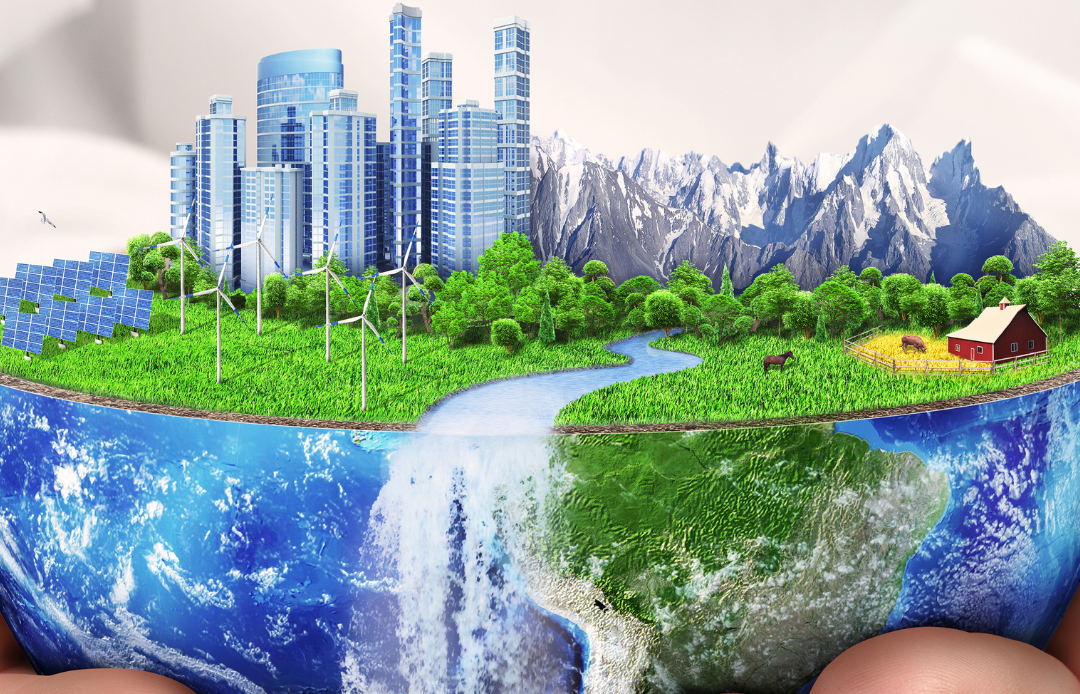As the world commemorates International Earth Day, it is crucial to recognize the interconnectedness between climate change and homelessness. While discussions often focus on melting ice caps and endangered species, the impact of climate change on vulnerable populations, particularly those experiencing homelessness, is often overlooked.
Here in the Capital Region, the Alliance to End Homelessness is sounding the alarm on how climate change exacerbates the challenges faced by individuals without shelter. From extreme weather events to rising temperatures, the effects of a changing climate are felt acutely by those who lack stable housing.
Traditionally, shelters are seen as a refuge during cold winter months, providing warmth and safety for those in need. However, as climate change brings about more frequent and severe weather patterns, including scorching heatwaves and destructive storms, the need for shelters extends far beyond the winter season.
The reality is that homelessness is not just a cold-weather issue; it is a year-round crisis. As temperatures soar to record highs in the summer months, individuals without shelter are left vulnerable to heat-related illnesses and dehydration. Without access to cooling centers or adequate shelter, they face life-threatening conditions.
Moreover, the impacts of climate change go beyond extreme weather events. Rising sea levels and increased urbanization can disrupt already fragile housing situations, forcing more people onto the streets. As natural disasters become more frequent, entire communities are displaced, putting additional strain on already limited resources for homelessness support.
In light of these challenges, the Alliance to End Homelessness urges all levels of government to prioritize funding for the provision of shelters throughout the year, not just during the winter months. It is imperative that we adapt our response to homelessness to reflect the changing climate reality. This means investing in year-round shelters equipped to handle both extreme cold and extreme heat.
As we reflect on International Earth Day, let us not forget those who are most vulnerable to the impacts of climate change. By taking action to address homelessness year-round, we can ensure that everyone has a safe and secure place to call home, regardless of the weather outside. Together, we can build a more resilient and compassionate community for all.
